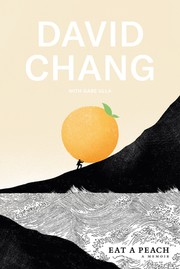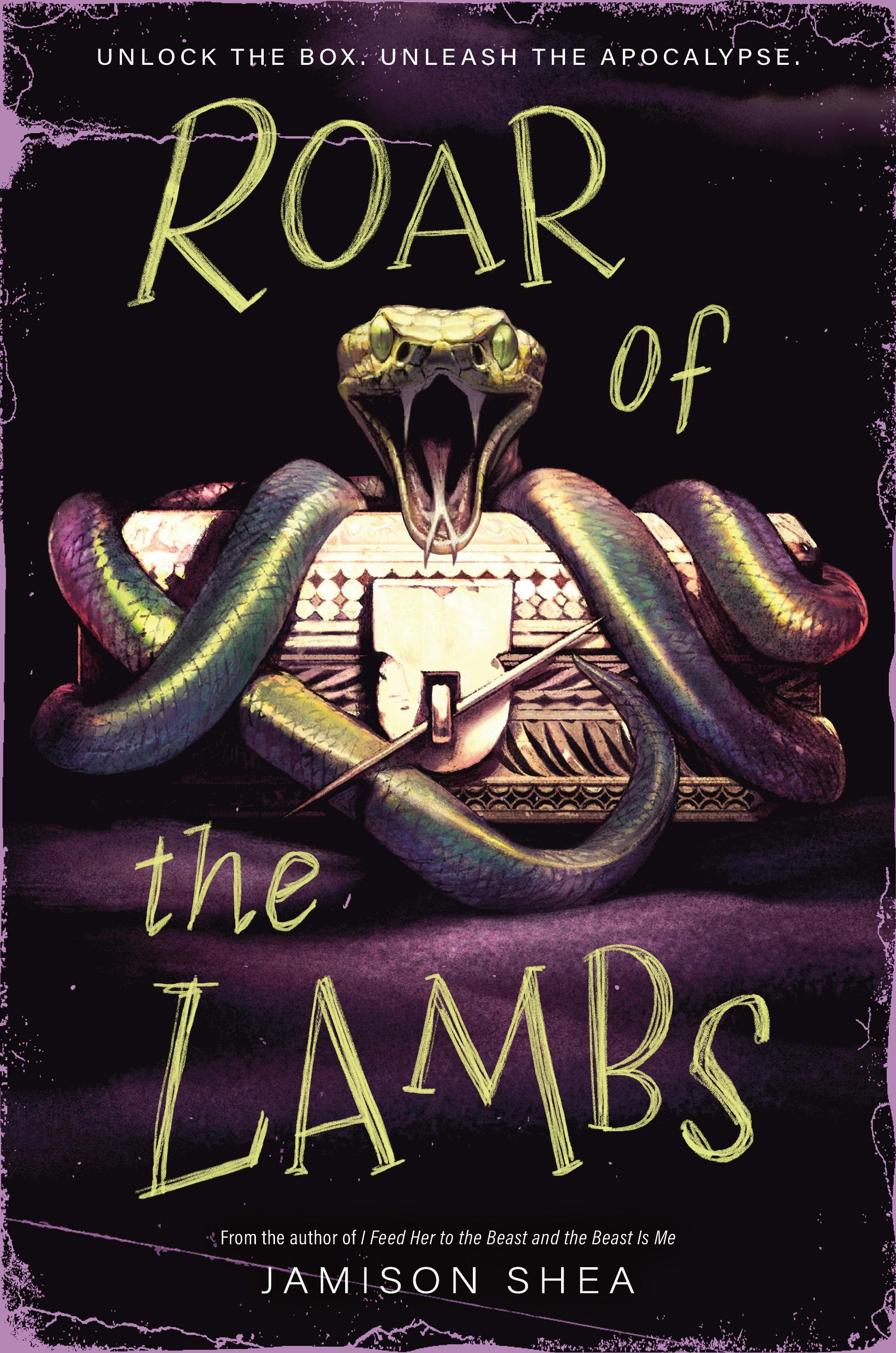Pixel commented on Eat a Peach by David Chang
There’s a lot I didn’t know about how momofuku came to be. It’s really interesting learning more about it and thinking about where I was in my life as it evolved. I share sentiments to David’s complicated relationship to his dad as a kid (though I don’t have the resolution he found) and with the Presbyterian church. I like what he says of giving credit to where things come from and it’s clear that he doesn’t think he has all the right answers. Asian rage is complex and not always something we can be proud of. It takes a lot of guts to lay it all out the way he has. There’s admittedly a lot of toxic stuff going on early on in his book even if you can get where he’s coming from (wasn’t sure what to think of his friendship with David Choe being mentioned so early). However …
There’s a lot I didn’t know about how momofuku came to be. It’s really interesting learning more about it and thinking about where I was in my life as it evolved. I share sentiments to David’s complicated relationship to his dad as a kid (though I don’t have the resolution he found) and with the Presbyterian church. I like what he says of giving credit to where things come from and it’s clear that he doesn’t think he has all the right answers. Asian rage is complex and not always something we can be proud of. It takes a lot of guts to lay it all out the way he has. There’s admittedly a lot of toxic stuff going on early on in his book even if you can get where he’s coming from (wasn’t sure what to think of his friendship with David Choe being mentioned so early). However knowing about some of his current work I’m curious to see how things will turn in the second half of the book especially as I know parenthood is on his horizon and the NYC we both knew isn’t what it was.







